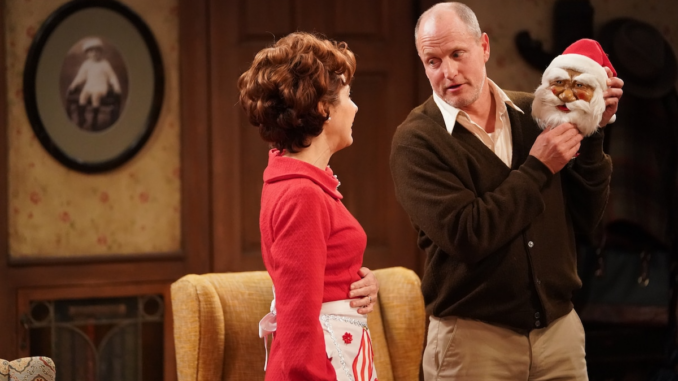
When you think of groundbreaking television, All in the Family undoubtedly comes to mind. This iconic sitcom, which aired from 1971 to 1979, not only entertained millions but also sparked conversations about race, gender, and social issues that were often considered taboo. The Bunker family—Archie, Edith, Gloria, and Mike—became household names, and their influence on television is still felt today. Let’s take a closer look at the cast of All in the Family and explore how they changed the landscape of television forever.
The Bunker Family: A Brief Overview
Archie Bunker: The Lovable Curmudgeon
Archie Bunker, played by the legendary Carroll O’Connor, is the heart and soul of All in the Family. As a working-class man with strong opinions and a penchant for politically incorrect humor, Archie became a symbol of the American everyman. His character was complex—often bigoted yet deeply caring, which made him relatable to many viewers.
Edith Bunker: The Heart of the Family
Edith, portrayed by Jean Stapleton, is Archie’s loving and patient wife. Often seen as the moral compass of the family, Edith’s character brought warmth and compassion to the show. Her famous catchphrase, “Stifle yourself, Archie!” became a beloved line that showcased her strength in the face of her husband’s antics.
Gloria Bunker: The Progressive Daughter
Gloria, played by Sally Struthers, is the couple’s spirited daughter. She often found herself at odds with her father’s outdated views, representing the younger generation’s push for change. Gloria’s character was pivotal in addressing issues like feminism and women’s rights, making her a relatable figure for many viewers.
Mike Stivic: The Liberal Son-in-Law
Mike, portrayed by Rob Reiner, is Gloria’s husband and Archie’s liberal foil. His character often challenged Archie’s conservative beliefs, leading to some of the show’s most memorable and thought-provoking moments. Mike’s progressive views resonated with younger audiences and helped to spark important conversations about social issues.
Breaking Barriers: The Impact of All in the Family
Tackling Social Issues Head-On
All in the Family was revolutionary in its approach to social commentary. The show tackled issues like racism, sexism, and class struggles with humor and honesty. By addressing these topics, the Bunkers opened the door for future sitcoms to explore similar themes.
A Reflection of Society
The Bunker family was a reflection of American society in the 1970s. Their struggles and triumphs mirrored the experiences of many families, making the show relatable and relevant. This authenticity helped to create a strong connection between the characters and the audience.
The Legacy of the Bunker Family
Influencing Future Sitcoms
The impact of All in the Family can be seen in countless sitcoms that followed. Shows like The Jeffersons, Good Times, and Modern Family owe a debt of gratitude to the Bunkers for paving the way for more diverse and socially conscious storytelling.
Cultural Conversations
The show sparked conversations that extended beyond the screen. Viewers often found themselves discussing the issues raised in each episode, making All in the Family a catalyst for change in societal attitudes. The Bunkers encouraged audiences to confront uncomfortable truths and engage in meaningful dialogue.
Behind the Scenes: The Cast’s Chemistry
A Family Dynamic
The chemistry among the cast members was palpable, both on and off the screen. Carroll O’Connor and Jean Stapleton developed a close friendship that translated into their performances as Archie and Edith. Their genuine affection for one another added depth to their characters’ relationship.
Improvisation and Humor
The cast often improvised lines, leading to some of the show’s most memorable moments. This spontaneity contributed to the show’s authenticity and made the characters feel even more relatable. The Bunkers’ interactions were filled with humor, love, and occasional conflict, just like any real family.
